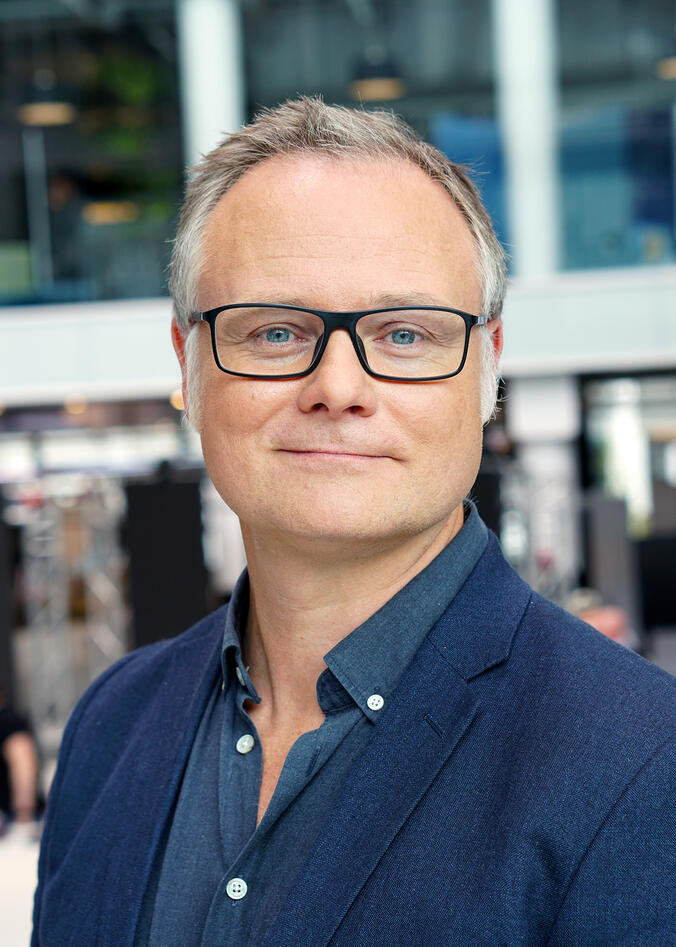Inequality
Inequality is a multidimensional and complex challenge to human development, prosperity and well-being. We aim to improve our understanding of the interconnections between several dimensions of inequality in different contexts, and to produce better knowledge on how to address inequalities and move towards greater equality.

Main content
An increasing amount of knowledge has established that inequality is a multidimensional and complex challenge to human development, prosperity and well-being. Research has also suggested that inequalities – in wealth, lifespan or through geography – may actually be increasing rather than being reduced. In the Inequality pillar of Bergen School of Global Studies, we approach inequality through multidimensional and plural research, and understand that inequality is irreducible to socio-economic indicators alone. To combat inequality, we need to research issues as wide-ranging as global questions of data sovereignty, health disparities across the world, and questions of citizenship in the world’s emerging megacities, to name just a few.
The pillar is led by the Global Research Programme on Inequality (GRIP), a radically interdisciplinary research programme that views inequality as a fundamental challenge to human well-being, and works to foster co-designed processes of knowledge creation to understand and address the multiple dimensions of rising inequalities.
Our global, interconnected world is characterised by new constellations within various realms of knowledge—including culture, policy, economics and society. This calls for more diverse, critical and integrated scientific approaches; entailing a re-thinking of relations across domains often approached separately, such as racism/xenophobia and climate change, or the emergence of new digital technologies and the exponential growth of knowledge systems at a global level.
In addition to being based in social sciences, we seek to involve health, data, natural and other scientists, in co-designed processes of knowledge construction.
GRIP works to connect global and critical research on inequality in a way that can contribute to systemic transformations. Our research aims to better understand the multiple facets of inequality, including economic, social, political, cultural, environmental and knowledge-based inequalities, and to contribute to addressing these through producing actionable and relevant research.
